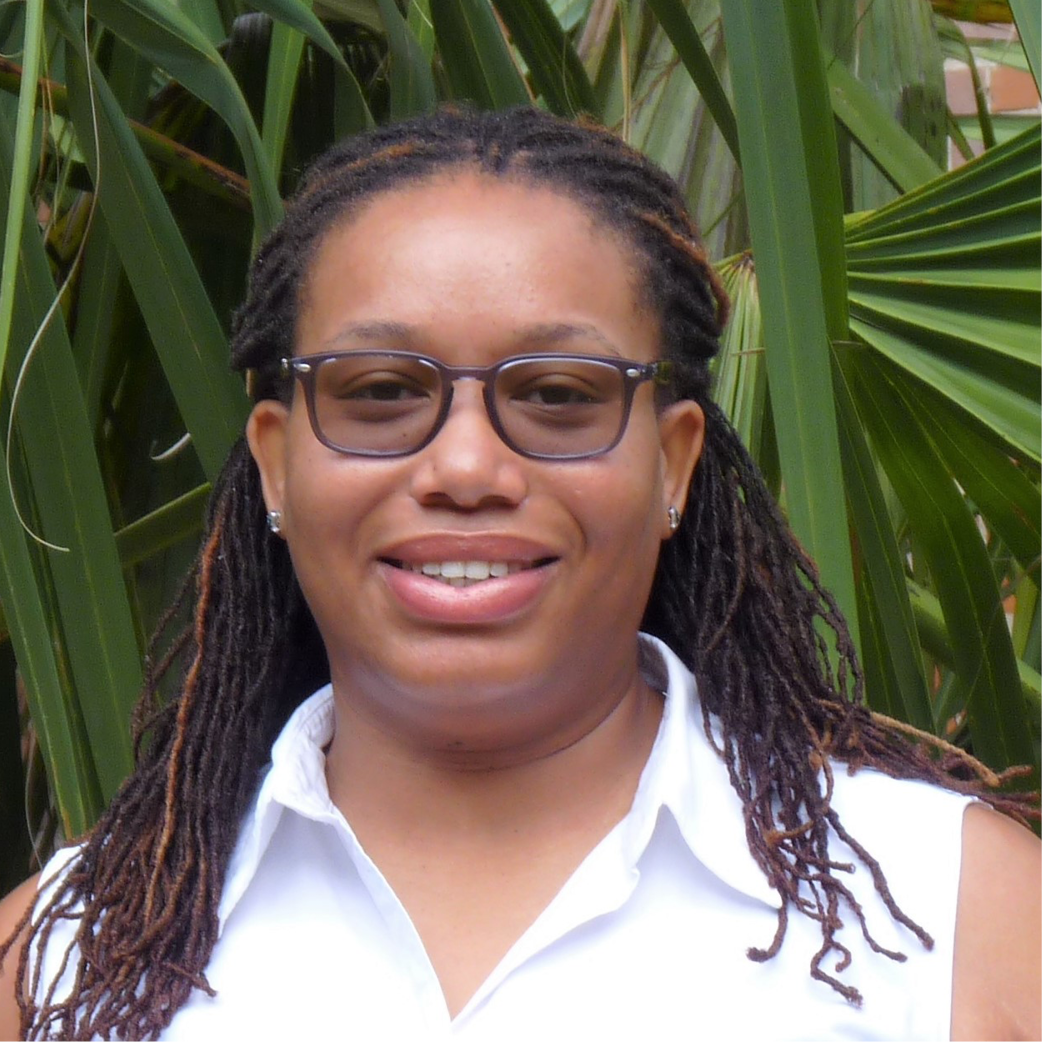BIOGRAPHY
Dr. DurreShahwar (Durre) Muhammad received a Ph.D. from North Carolina State University in the Department of Plant & Microbial Biology, working with Dr. Terri Long. Her thesis research used molecular, cellular and systems biology approaches to understand the molecular processes involved in iron homeostasis in the plant model organism, Arabidopsis thaliana. Before her start at North Carolina State University, Dr. Muhammad was a lab manager and research specialist for Dr. Katherine Warpeha, in the Molecular, Cell, and Developmental Biology department at the University of Illinois at Chicago. There, she examined abiotic induced signaling in Arabidopsis thaliana and Glycine max. Dr. Muhammad obtained her bachelor’s degree in Biological Sciences from the University of Illinois at Chicago in 2009 and her MBA from Benedictine University in 2012.
As a Rice Academy Fellow, Dr. Muhammad will work closely with Dr. Bonnie Bartel, focusing on elucidating the mechanism responsible for “taking the trash out” within cells. More specifically, she is looking to identify signals responsible for targeting damaged or obsolete organelles, such as peroxisomes for decay in Arabidopsis thaliana. Peroxisomes produce and enclose reactive oxygen, nitrogen, and sulfur species as byproducts of essential metabolic reactions, they also sequester these toxic products from the cell, limiting their capacity for cellular damage. The cellular quality control mechanism used to manage dysfunctional peroxisomes is a specialized form of autophagy, termed pexophagy and is believed to contribute to several peroxisome biogenesis disorders in humans. Also, peroxisomes and subsequent pexophagy are suggested to play a role in the aging processes through cellular senescence in plants and humans - making pexophagy a vital process to study. By identifying the signals targeting peroxisomes for decay, we can begin to increase our knowledge of what kind of abiotic and biotic stressors induce pexophagy, the benefits to increased and decreased pexophagy, and how to selectively regulate the spatial and temporal activity of pexophagy.
Dr. Muhammad is also an NSF Postdoctoral Fellow.

